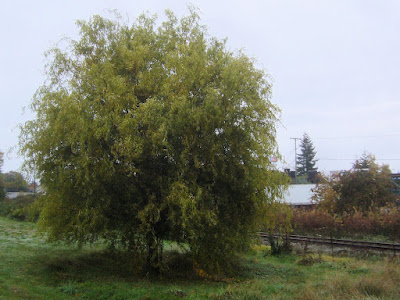
(in the Belkin Gallery at UBC)
judy radul - artforum.com / 500 words
When watching trials, we are aware that in the background there are numerous registers of power—the police, prisons, and the Law (with a capital l)—and that the trial itself is just the tip of a more invisible process. The trial actually has a kind of utopian dimension, a hope of bringing things into the public realm and the public record. But what strikes me is that the lawyers, the judges, the defendants, the guards, and the many, many clerks and team members are in a kind of fishbowl where some of them have been appearing, perhaps in the same trial, for several years....
































